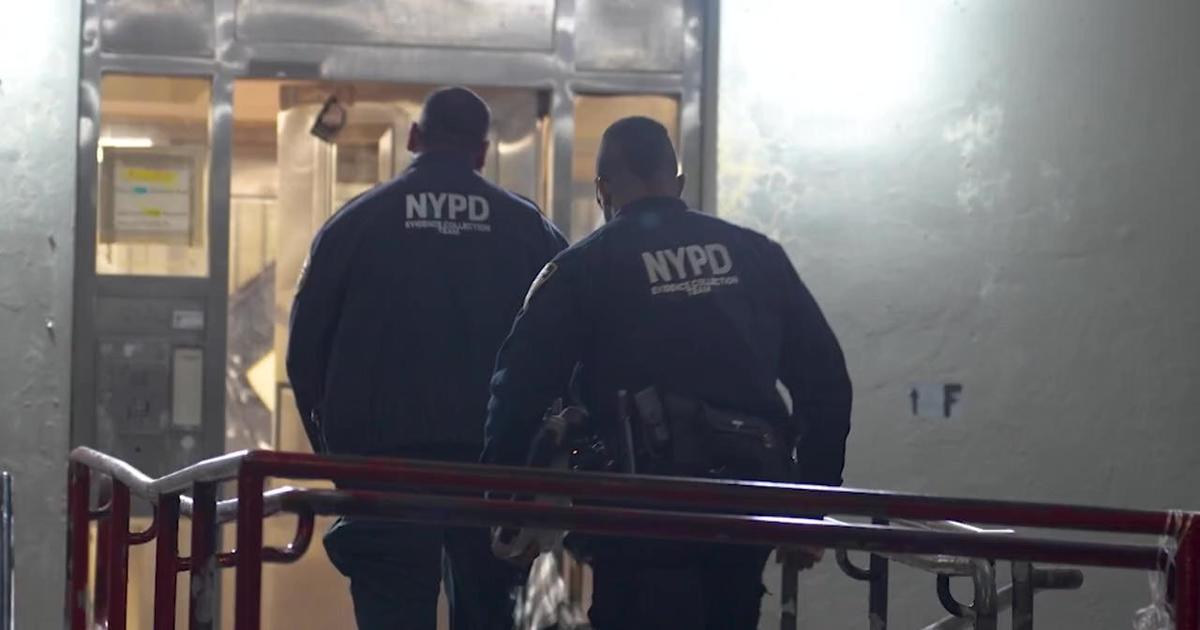Olympians Turn To 'Cupping' For Improved Performance, But Does Science Support It?
NEW YORK (CBSNewYork) -- If you have been watching the Olympics you may have noticed a few of the athletes with what look like big, round bruises on their bodies.
They're actually from a therapy called 'cupping' that some believe helps athletic performance -- but does it really?
As CBS2's Dr. Max Gomez explained, the ancient practice is thought to have originated in China, and appropriately enough Greece more than 2,000 years ago.
It's been used to treat everything from pain and chronic fatigue to asthma and even herpes, but it's what it does for sore muscles that has some Olympians cupping.
He's probably the best known and most dedicated Olympic swimmer of all time, so when Micahel Phelps Instagrams a photo of himself getting cupped, and shows up for a race in Rio with bruises on his shoulders, people take notice.
Even his teammates are on the bandwagon.
"My fiance does it to me during training. I have her put cups on my back and she's like eww. She's like 'so gross," swimmer Cody Miller said.
Cupping uses glass or plastic cups and heat or a mechanical pump to create suction drawing skin up into the cup.
Athletes will often use cupping therapy believing that it will increase blood flow to an area, promote oxygenation of tissue, and reduce pain.
Cupping actually jumpstarts the body's natural healing process. You can increase bloodflow and let the body do what it does to help resolve the issue," Dr. Houman Danesh said.
One theory for how it does that is that pulling the skin away from underlying muscle draws blood to the area. It also breaks tiny blood vessels int he skin leaving some pretty good bruises although adherents say it's painless.
"I think it was a low key trend, but I think now that Michael Phelps was seen with the cup marks all over his body I think more athletes will be doing it," Olympic medalist, Dara Torres said.
Not to mention weekend athletes who see Phelps getting it done in a TV commercial.
If you're looking to channel your inner Olympian and try this ancient therapy it should be done by a trained professional.
"There are problems that can occur if you leave the cups on too long, so you really need to make sure that if you're interested in this type of method, treatment method, that you do see someone who has been trained on it," Jamie Starkey, Cleveland Clinic said.
CBS2's Dr. Gomez searched medical literature looking for support for the healing claims for cupping. The scientific evidence was less than compelling, but if athletes believe it helps then the tiny placebo effect could be the difference between gold and also-ran.



